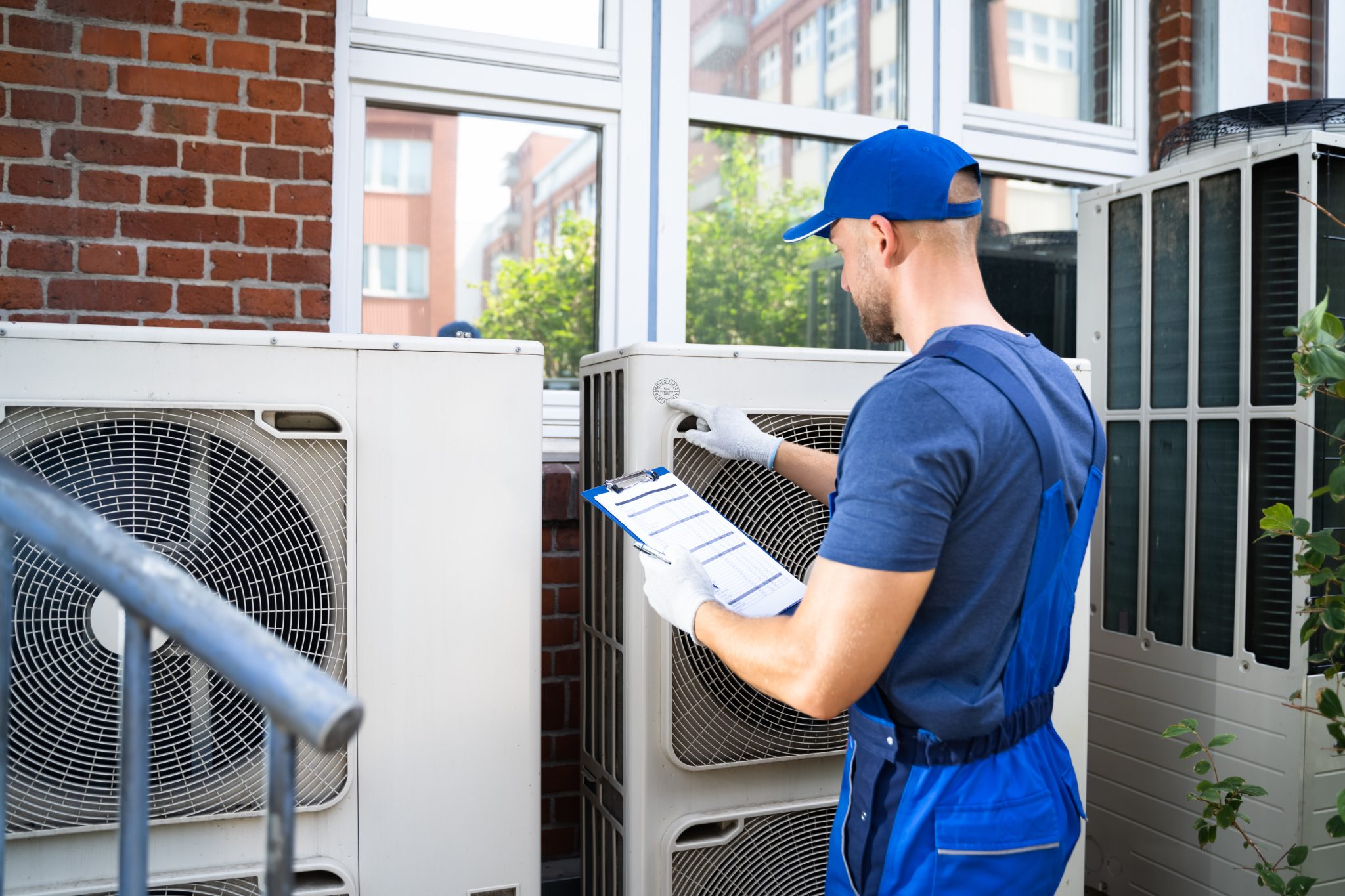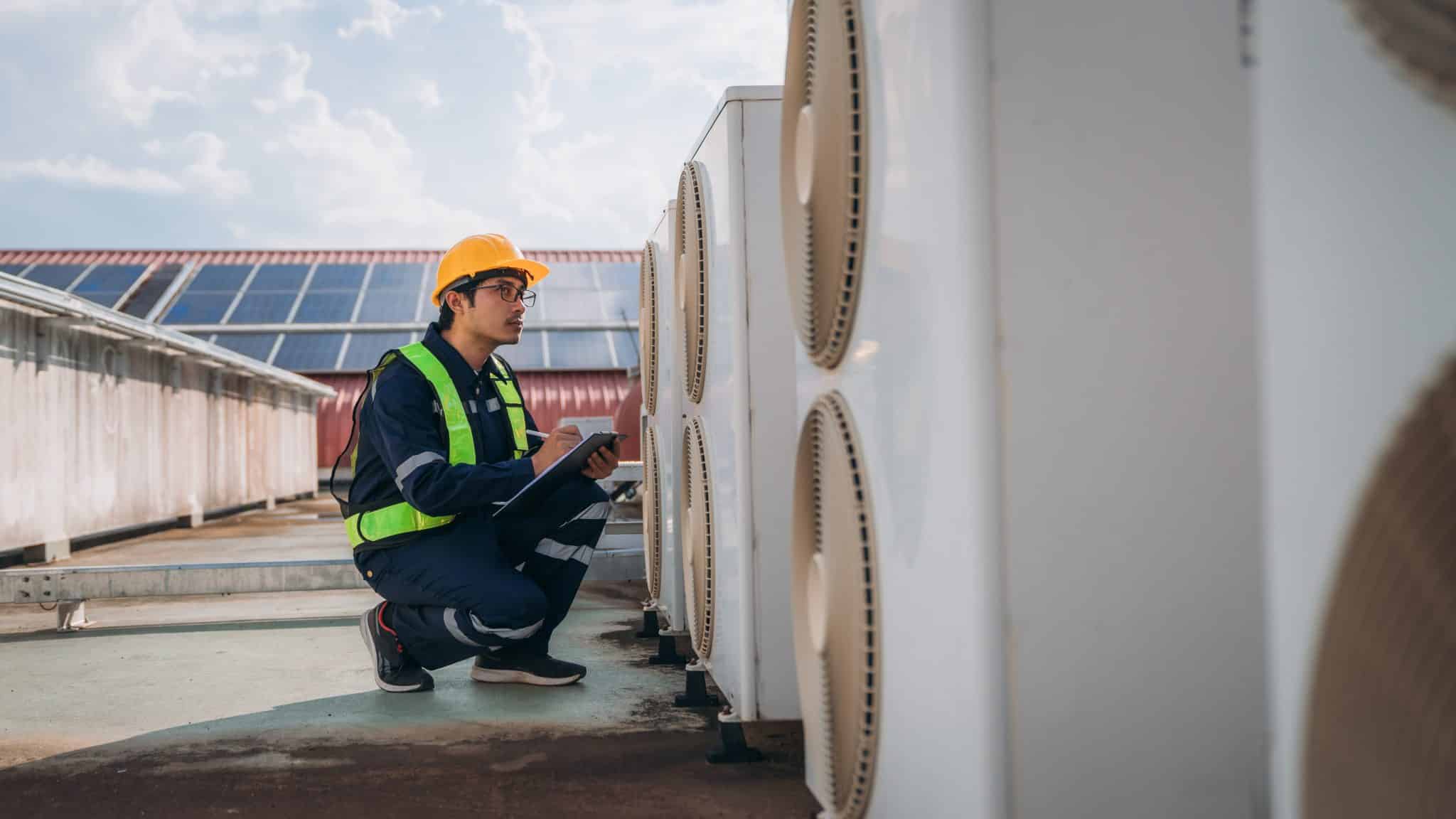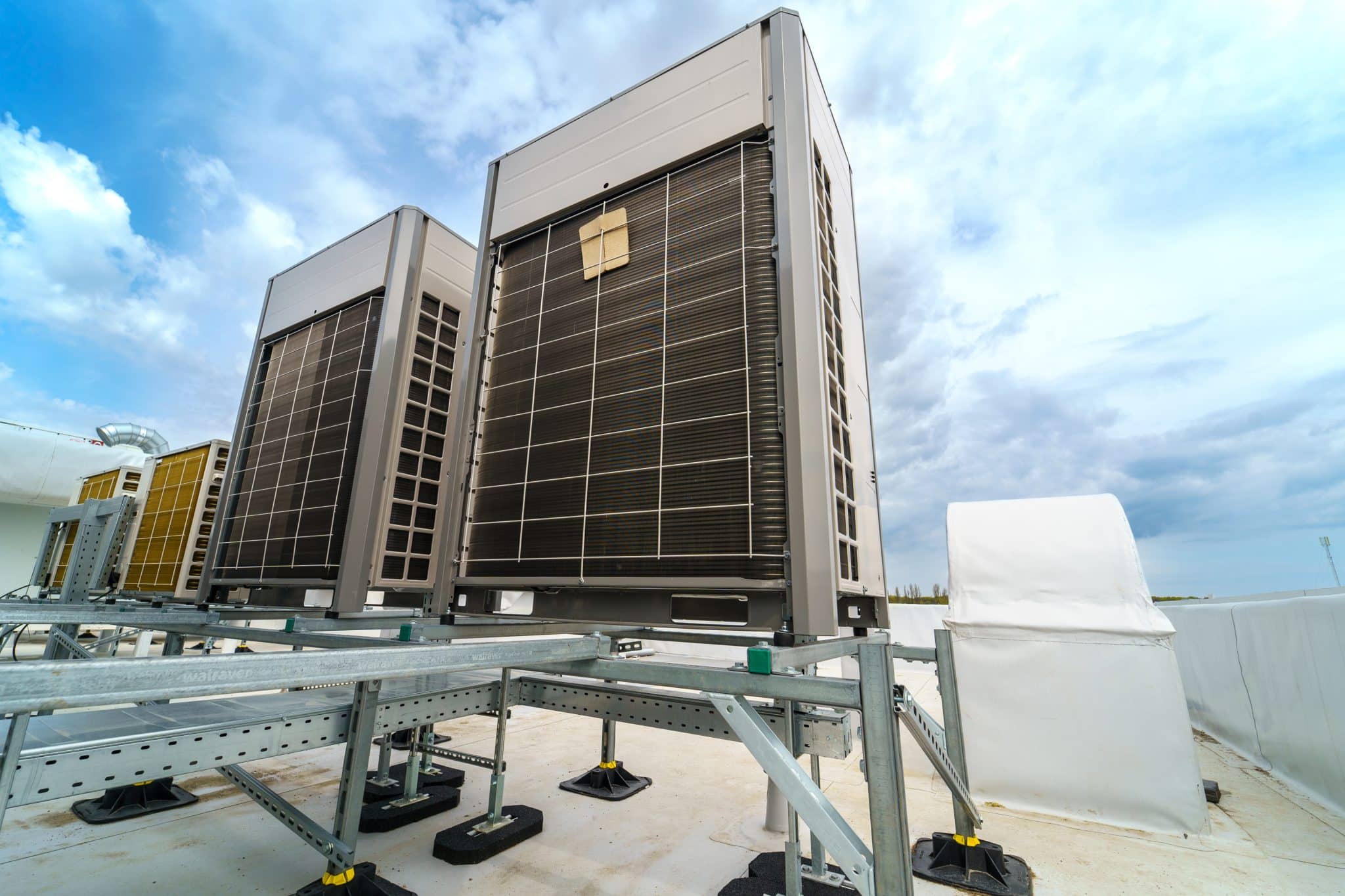In the dynamic landscape of commercial property management, energy efficiency stands as a pivotal concern, particularly in the realm of HVAC (Heating, Ventilation, and Air Conditioning) systems. These systems are not only fundamental to maintaining a comfortable and healthy indoor environment but also represent a significant portion of a building’s energy consumption. This guide is crafted for facility managers, aiming to shed light on strategies for enhancing HVAC energy efficiency, reducing operational costs, and contributing to environmental sustainability.
The Importance of Energy Efficiency in Commercial HVAC
Impact on Operational Costs and Sustainability
Energy efficiency in commercial HVAC systems is crucial for controlling operational expenses and minimizing the environmental footprint of commercial buildings. Efficient systems consume less energy, leading to reduced utility bills and a lower carbon output, aligning with both economic and ecological goals.
Enhancing Indoor Air Quality and Comfort
Beyond the economic and environmental benefits, energy-efficient HVAC systems play a vital role in improving indoor air quality and comfort levels. Systems that are optimized for efficiency tend to provide more consistent temperature control and better ventilation, contributing to a healthier indoor environment.
Strategies for Boosting HVAC Energy Efficiency
Regular Maintenance and Inspections
The cornerstone of maintaining an energy-efficient HVAC system is regular, comprehensive maintenance. This includes routine inspections, cleaning or replacing filters, checking refrigerant levels, and ensuring all components are in optimal working condition. Preventative maintenance not only extends the lifespan of the system but also ensures it operates at peak efficiency.
Upgrading to High-Efficiency Equipment
Advancements in HVAC technology have led to the development of high-efficiency models that offer significant energy savings over traditional systems. Upgrading to ENERGY STAR® certified equipment or investing in the latest HVAC innovations can dramatically reduce energy consumption and costs.
Implementing Smart Controls and Automation
Smart thermostats and building automation systems (BAS) offer precise control over HVAC operations, adapting to real-time conditions and occupancy levels. These technologies allow for automated adjustments to temperature and ventilation, ensuring energy is not wasted heating or cooling unoccupied spaces.
Optimizing System Design and Layout
The design and layout of an HVAC system significantly impact its efficiency. Tailoring the system to the specific needs of the building, considering factors like size, occupancy, and usage patterns, can enhance efficiency. This may involve zoning systems, variable air volume (VAV) controls, or the integration of renewable energy sources.
Addressing Common Energy Efficiency Challenges
Tackling Inefficiencies in Older Systems
Older HVAC systems may not have been designed with energy efficiency in mind. Retrofitting these systems with modern components or controls can improve their efficiency. In cases where retrofitting is not feasible, a cost-benefit analysis can help determine whether a system upgrade would be more economical in the long run.
Managing Variable and Peak Loads
Commercial buildings often experience significant variations in HVAC load due to changes in occupancy, weather, and other factors. Efficiently managing these variable loads without compromising comfort can be challenging. Solutions such as thermal energy storage and demand-controlled ventilation can help address these fluctuations.
Ensuring Proper Insulation and Air Sealing
The building envelope plays a crucial role in HVAC energy efficiency. Poor insulation and air leaks can lead to significant energy losses, forcing HVAC systems to work harder to maintain desired indoor conditions. Improving insulation and sealing leaks are essential steps in enhancing overall system efficiency.
Conclusion: A Path to Sustainable Operation
Achieving energy efficiency in commercial HVAC systems is a multifaceted endeavor that requires a proactive approach to maintenance, strategic upgrades, and a thorough understanding of the latest technologies and best practices. By adopting these strategies, facility managers can significantly reduce energy consumption and costs, contribute to environmental sustainability, and ensure a comfortable, healthy indoor environment for occupants.
For those seeking expert guidance and services to optimize their commercial HVAC systems for energy efficiency, CFLSS stands ready to assist. Our team of professionals is equipped with the knowledge and tools to provide tailored solutions that meet the unique needs of your facilities, driving energy savings and operational excellence.





